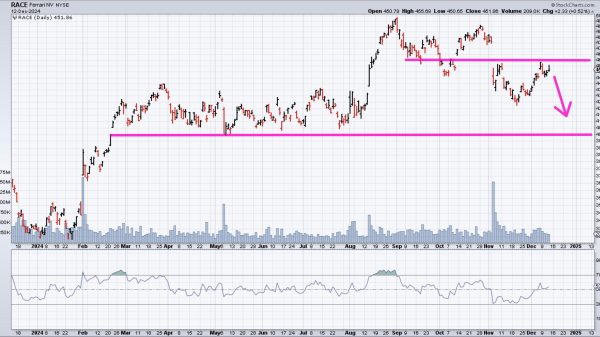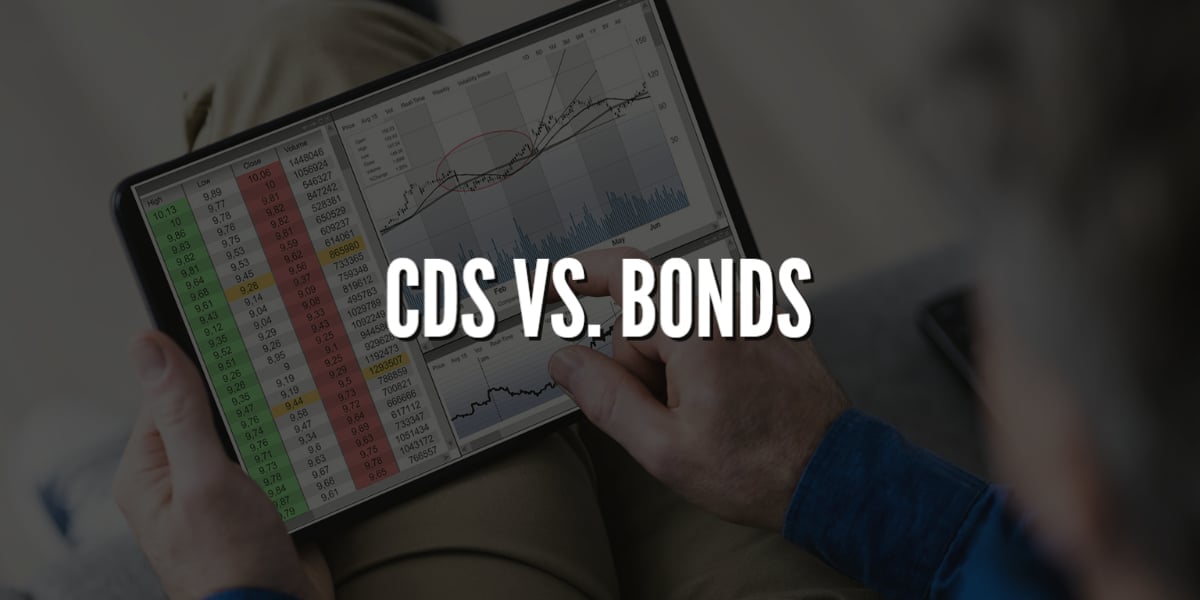CDs vs. Bonds: Side by side comparison by an expert
Have you recently thought about doing CDs vs. Bonds side-by-side comparison? Are you seriously thinking about trading some of these, but you aren’t quite sure what is the better solution?
And, ultimately, what is there to note regarding CDs and Bonds, if you’re really into trading and investing in them? Before we get to the Bonds vs Cds investment comparison, it’s crucial to understand all about these investments, what they represent and what is there to know when you’re going through your investment analysis and financial planning.
So, what does it mean when someone is investing in CDs in the first place? Let’s find out more about them, shall we?
What are CDs exactly?
CDs represent the abbreviation of certificate of deposit and a specific type of savings account that’s been provided by either credit unions or banks. When dealing with these investment options such as certificates of deposit, you’re accepting to save your money in CD without withdrawals for any particular period.
It means that, if an investor is about to withdraw their money early, they should purchase a penalty fee from the bank. Usually, CDs offer higher interest rates in comparison to traditional accounts. They’re an amazing opportunity to save money in longer or shorter periods.
Usually, these certificates exclude fees unless their funds are withdrawn prior to the maturity date.
How do Certificates of Deposit CDs work?
Before getting to the CDs vs Bonds comparison, it’s crucial to include fixed interest rates that are imposed by the market in general and other inevitable factors. These rates are greater and more stable in comparison to those ordinary savings accounts.
Depending on numerous factors, these certificates of deposit vary either monthly or daily. It’s crucial to understand that investors are able to grow their interest rates with particular products. For those seeking fixed-income investments, CDs could be a great choice.
So, once you’ve decided to invest in CD, you’d need to compare diverse offers by the following:
Observing them Earned interest rate The total amount of penalty prior to your withdrawal of money (prior to the end of the period).Diverse types of CDs
There are several diverse types of CDs available on the market. These are:
IRA CD: These are utilized as investing strategies for retirement savings. Jumbo CD: Demanding huge minimum deposit usually, not less than $100,000. High-yield CD: Offering greater interest rates than ordinary accounts Bump-up CD: They grow the interest rate before the CD’s maturation Liquid CD: They allow your funds to be withdrawn before the maturity date.Is it a good idea to invest in CDs?
Those considering all the crucial details regarding their investment diversification, such as risk and return ratios, CD rates, early withdrawal penalties, expected returns, and investment risk potentials, and so, should know that CD investments are generally considered a safe and good idea.
The main reason behind it is that there aren’t any risks of losing money in the way you’d probably have with greater-risk investments, i.e. investing in stocks. With these investment trusts, you’ve got an initial deposit warranty. You’re only able to lose your funds if you withdraw them early. In that situation, you’ll be paying a penalty in the short term.
Now, before getting to the CDs vs Bonds comparison, let’s see what bonds are exactly. Is there any particular type of bond that is better than others, and what is there to know about them while buying or selling them, shall we?
What are Bonds?
Bonds refer to fixed-income instruments that stand in for loans that either investors or borrowers have made in the past. These borrowers are usually corporate bonds and/or government bonds. In the majority of cases, bonds are utilized by the following:
Sovereign governments States Municipalities Companies and corporations.The main goal of using bonds nowadays is to finance diverse operations and projects of great potential. A single bond is usually observed as a particular document that acknowledges a debt (I.O.U) between borrowers and lenders that incorporate all the information about their payments and loans.
Those who are investing in bonds and who are considered as their owners are called in different manners:
Creditors Insurers Debtholders.What do bonds usually include?
Bond particulars comprise the expiration date when the capital of the loan is obligated to be disbursed to the bondholder and commonly encompass the provisions for fluctuating or steady interest disbursements rendered by the debtor.
Are there any benefits of investing in bonds?
Company-issued bonds do not provide you with any ownership rights. Therefore you don’t get any benefits from the company’s expansion. There are two expected benefits when you’re dealing with bonds as an integral part of your portfolio:
Providing you with the income stream Offsetting volatility you’re getting from stock ownership.Understanding bonds better
Understanding bonds can be confusing due to the complex terminology involved. The key terms to know depend on whether you’re buying bonds at issuance and holding them or trading them on the secondary market.
Coupon: The interest rate paid by the bond, usually fixed after issuance. Yield: A measure of interest considering the bond’s changing value. Yield can be calculated as the bond’s coupon divided by its current price. Face value: The initial worth of the bond when issued, often $1,000. Price: The current cost of the bond in the secondary market is influenced by factors like the bond’s coupon compared to similar bonds.Side-by-side CDs vs Bonds comparison
Now that you’ve got all the crucial information about CDs and Bonds, it’s time to do a simple CD vs Bonds side-by-side comparison. In that way, you’ll easily understand the similarities and differences between them, and decide which are better investments for now. Let’s begin!
Key Differences and Considerations:
Interest Rate Sensitivity: Bond prices fluctuate with interest rate changes, while CDs remain unaffected. Liquidity and Penalties: CDs and bonds offer liquidity, but early CD withdrawal incurs penalties. Selling bonds prematurely risks value loss and forfeiting future interest payments.Choosing the Right Investment:
Goals and Risk Tolerance: CDs preserve capital with minimal risk, while bonds offer the potential for higher returns with more risk. Accessibility: CDs are easily accessible through banks, while bonds can be obtained through brokerage firms or issuers directly.Bottom Line
In summary, CDs and bonds are low-risk investments with distinctive features. CDs provide secure options with guaranteed returns, while bonds offer the potential for higher returns but with market sensitivity. Choose based on goals, risk tolerance, and accessibility.
Whatever you choose to invest in, know that you’ve got a high chance of profiting from them! Be careful and patient, and the success of your trading plan will come! Good luck!
The post CDs vs. Bonds: Side by side comparison appeared first on FinanceBrokerage.
























